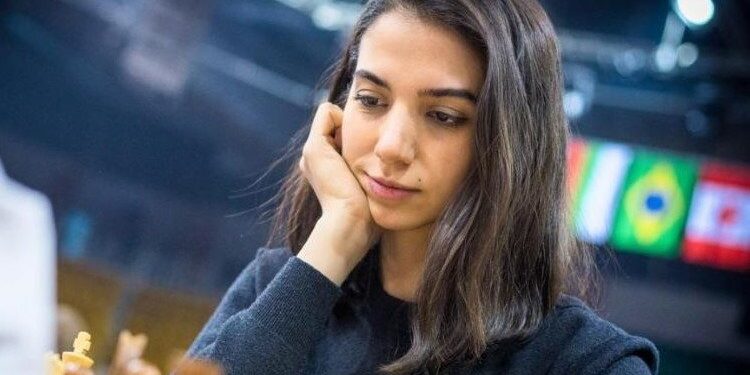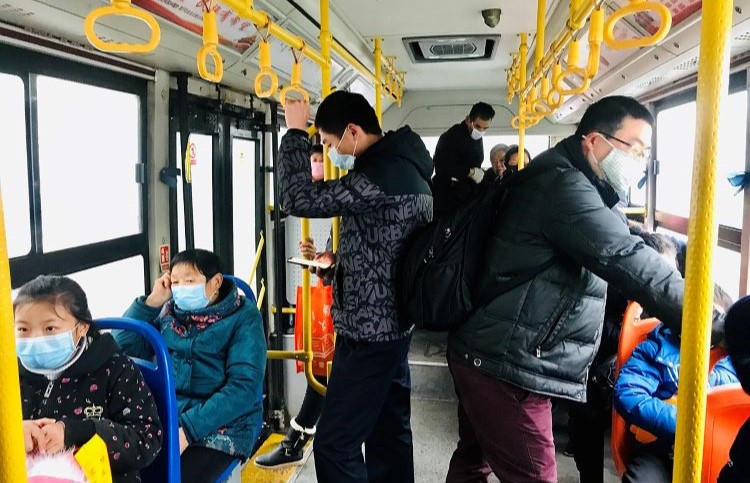The Diplomat
Sara Khademalsharieh, the female Iranian chess player who competed in the World Championship in Kazakhstan without wearing the Islamic veil, will stay to live in Spain with her husband and baby for fear of reprisals, but it is not known if she has applied or will apply for political asylum.
Khademalsharieh, 25, has been participating since December 25 in the World Chess Championship in Amalty, which will conclude today. The athlete competed without wearing the Islamic veil, or hijab, despite the fact that it is mandatory for women in her country. This gesture has surprised the Chess Federation of the Islamic Republic, which has reminded -in declarations of its president, Hasan Tamini, to the Iranian news agency Fars- that the chess player “had participated in previous tournaments complying with the Iranian laws” and that, in any case, her participation in Amalty has been in a personal capacity, and not in representation of her country.
According to the newspaper El País through sources close to Sara Khademalsharieh, the chess player will move to Spain at the end of the World Championship to reside in our country in order to avoid reprisals from the Iranian authorities. Khademalsharieh, Female Grandmaster and 804 of the world according to the International Chess Federation, will reside in an apartment that her family owns in an unnamed city in Spain, together with her husband, the documentary maker Ardeshir Ahmadi, and their baby. The same sources could not specify to the Madrid newspaper if she has a residence permit or if she has requested or will request asylum to the Spanish authorities.
The case of Sara Khademalsharieh joins that of other Iranian sportswomen who have challenged the authorities in Tehran in recent months, especially after the death of the young Kurdish woman Masha Amini, whose death in police custody, precisely for not wearing the veil properly, has generated a strong wave of protests and repression in Iran. Another case is that of the climber Elnaz Rebaki, who has been placed under the protection of the International Olympic Committee (IOC) after climbing without a veil last October and being placed under house arrest upon her return to Iran.
On September 29, the Congress of Deputies condemned the “extremely serious violation of human rights in Iran, especially of women, homosexuals and minorities”, as well as the death in police custody of the young Masha Amini and Hadis Najafi and the subsequent repression of the Iranian regime against demonstrators. The institutional declaration, promoted and agreed by the PP, was approved unanimously and was applauded by all the deputies standing at the end of its reading.
On the eve of that vote, the President of the Government, Pedro Sánchez, condemned the death of Mahsa Amini and the repression of the demonstrations in Iran, while the Ministry of Foreign Affairs summoned the Iranian ambassador in Madrid, Hassan Ghashghavi, to convey its protest for the same reason. Both measures took place hours after the Executive officially pronounced itself on these events with more than ten days of delay.







